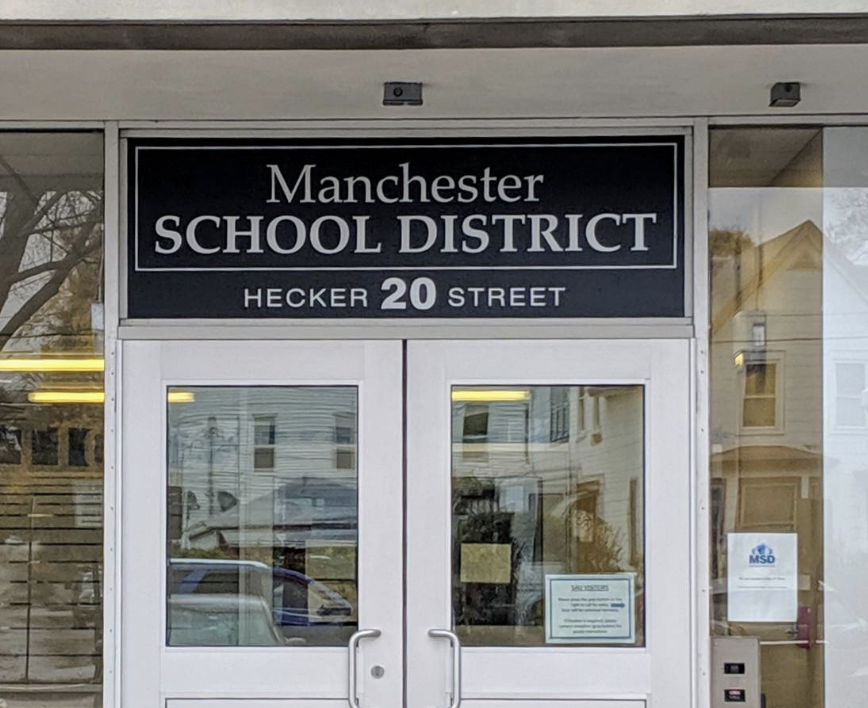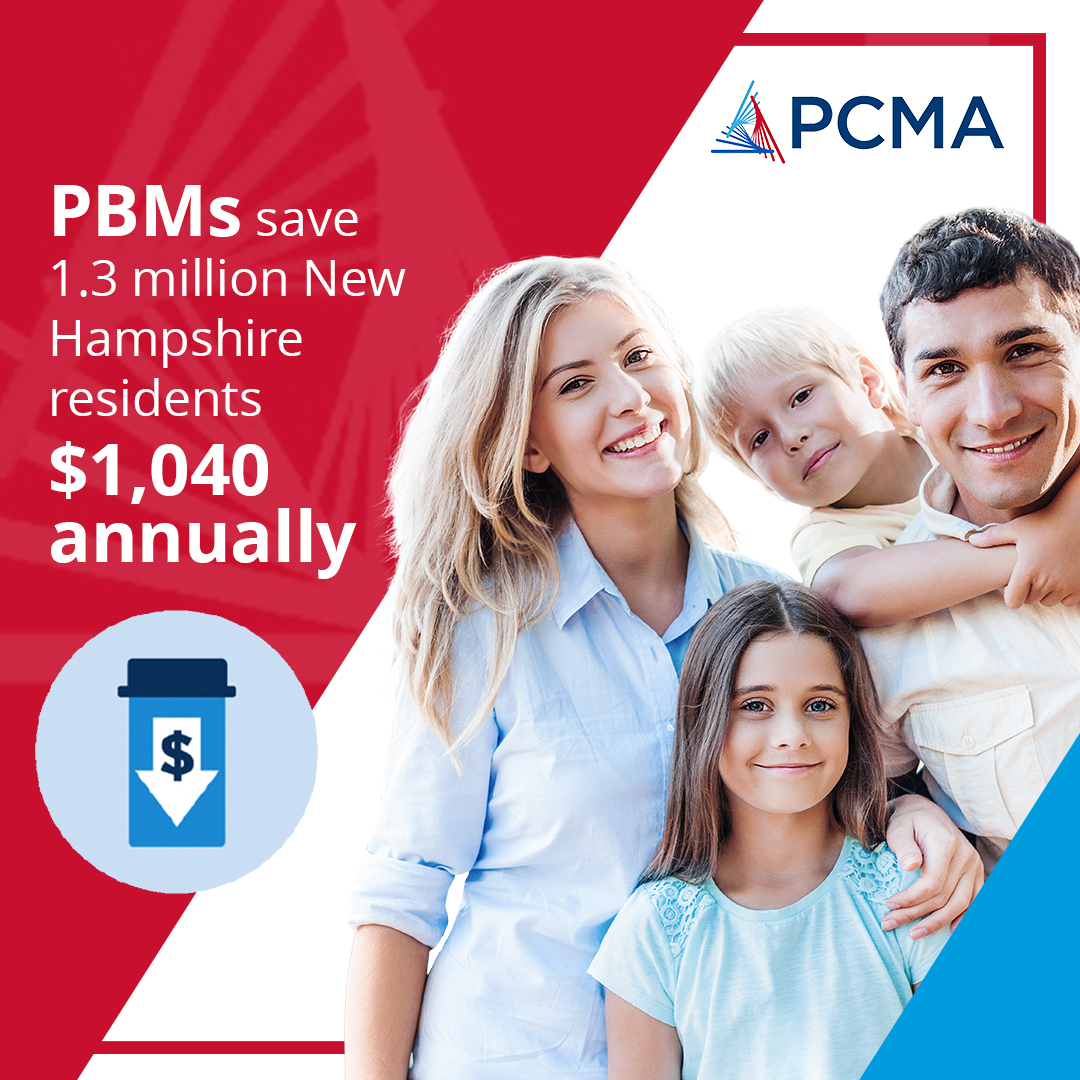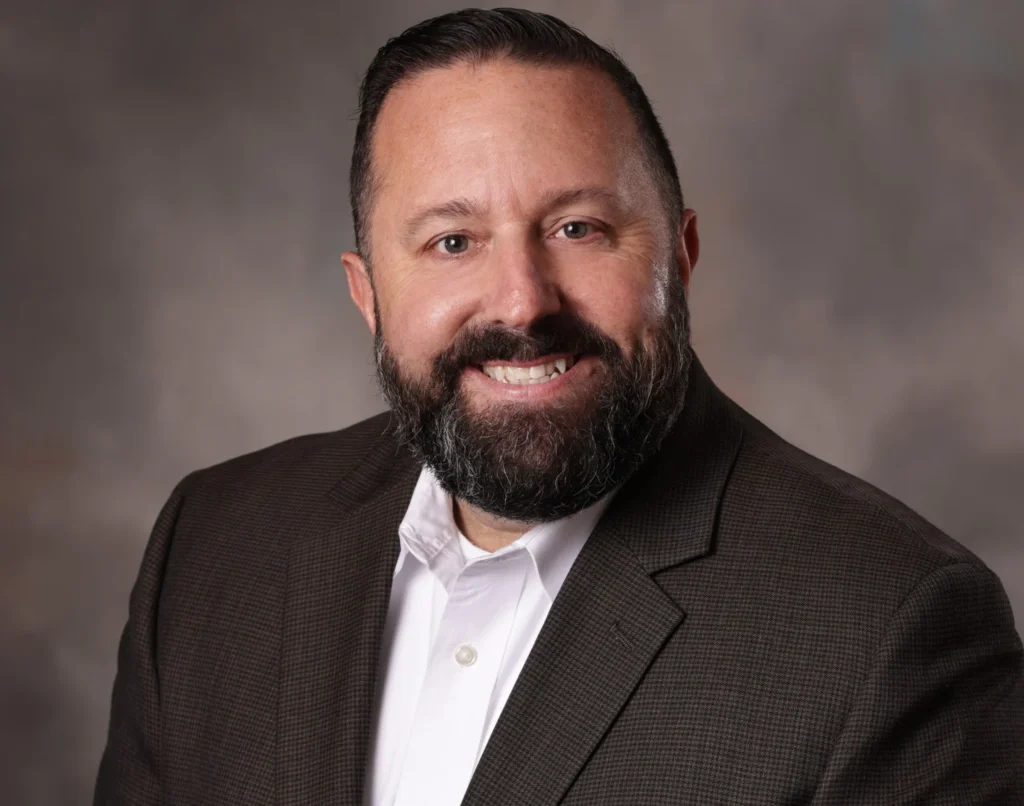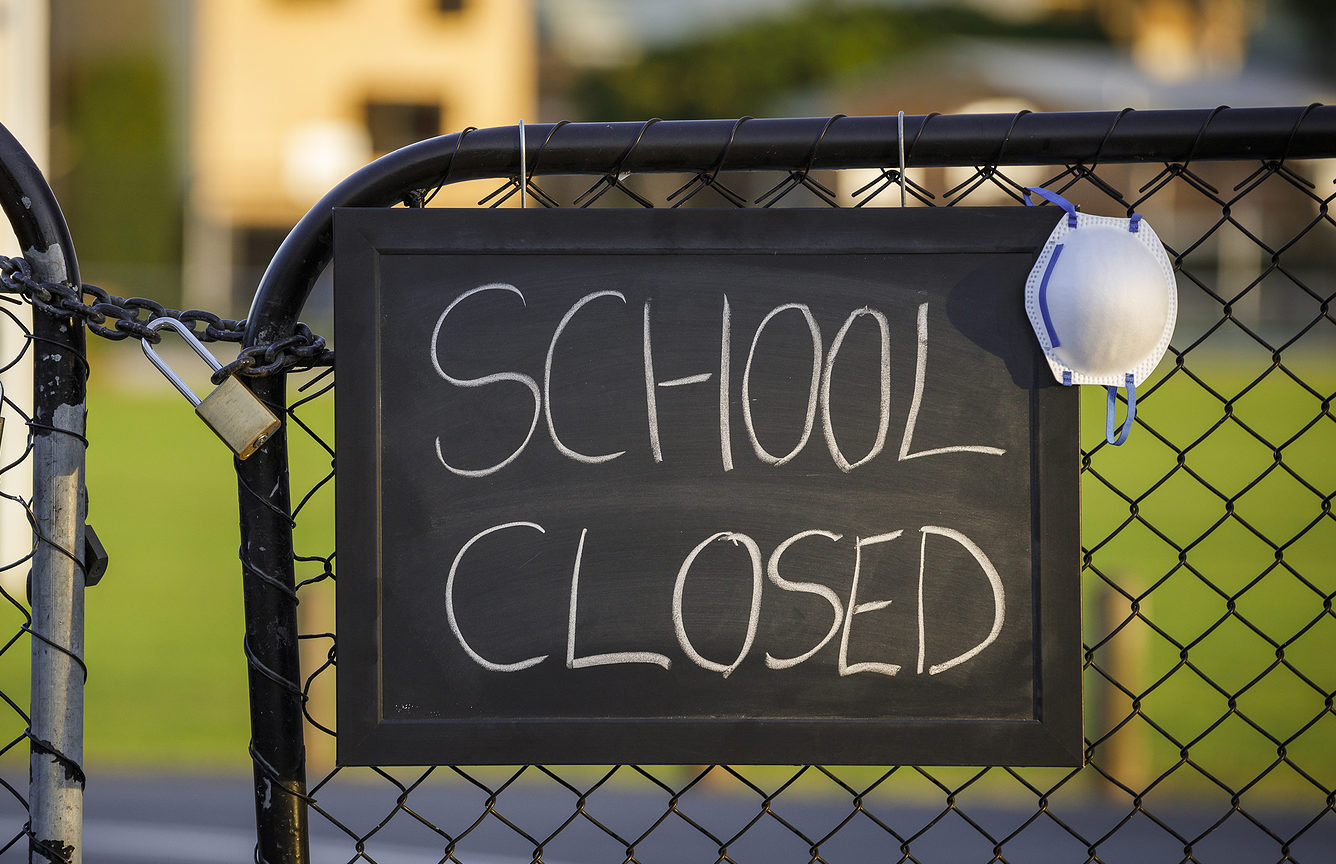Disgraced New London Investment Guru Still Owes $5 Million to Victims

Disgraced financial advisor Thomas Chadwick agreed to pay more than $5 million last year for unethical investment practices that cost his Granite State customers millions.
But more than a year later, the New London-based businessman has yet to pay a penny of the restitution he owes to the victims of his failed investment firm, according to court records.
“As of the date of this filing, Chadwick has made no payment toward the $5,858,346.71 judgment owed per the Consent Order, and the [Secretary of State’s Securities Regulation] Bureau considers Chadwick to be in default,” Brian Linares, senior staff attorney at the Bureau wrote in a new amended complaint filed recently in the Merrimack Superior Court in Concord.
Chadwick agreed to the consent order in April 2024 after he was accused of investor fraud, losing his mostly elderly clients more than $11 million of their retirement savings. Chadwick’s consent order knocked the victim’s restitution down to $4.8 million, with another $1 million to cover state fines and investigation costs.
Secretary of State David Scanlan’s office, through the Securities Regulation Bureau, is now taking Chadwick back to court over the nonpayment.
Chadwick claimed that he had no assets to make payments when he signed the consent order last year. But the order gives Scanlan’s office the right to ask a judge to impose a collection process on Chadwick.
“The only way for the bureau to enforce an administrative order is through the Superior Court. If the bureau obtains an administrative order to pay back restitution, and the target fails to comply with the order, then the only way to enforce collection is through a court order in Superior Court, and that is what the bureau is doing with Mr. Chadwick,” a bureau representative told NHJournal on Tuesday.
But Chadwick’s attorney, Friedrich Moeckel, is opposed to the court’s intervention. In his objection to the bureau, Moeckel stated that going to court would be counterproductive and expensive for all parties concerned.
“Defendant does not quarrel with plaintiff’s right to use this court to register and enforce the parties’ consent decree. Defendant’s concern is that by amending the complaint in this matter, plaintiff effectively restarts this case. Thus, if the court grants plaintiff’s motion to amend, the next step is defendant’s compulsory answer to the amended complaint. And so on and so forth,” Moeckel wrote.
Chadwick reported having investments in real estate and cryptocurrency, among other assets, which were counted by the bureau last year.
Moeckel did not respond to a request for comment. Merrimack Superior Court Judge Daniel St. Hilaire heard from both sides during a hearing last week, but has yet to issue a ruling.
Chadwick’s business had more than 100 customers in Vermont and New Hampshire when regulators began investigating. In 2019, Chadwick reportedly began moving his clients into a complex, unsecured debt security known as REML, which utilized capital to issue mortgage loans to real estate owners.
The fund’s bank, Credit Suisse, warned investors that REML was a potentially volatile asset that should only be bought by people who could afford to lose everything they put into the fund. Chadwick, however, told his many clients that REML was a good bet for retirees, giving them a guaranteed income with low risk, according to court records.
“[S]everal clients stated that Chadwick never told them that they could lose all of their money if they invested in REML. They said that, had they been aware of the risk of total loss, they never would have agreed to invest in REML,” the Bureau’s complaint states.
By March 2020, Chadwick had his clients heavily invested in REML, some with more than 70 percent of their savings in the risky fund. When the bottom dropped out during the COVID-19 financial crash, REML’s share price fell to nearly zero.
Chadwick wasn’t phased by the multimillion-dollar loss for his clients, according to court records. He wanted them to keep investing.
“Chadwick recommended [in an investor memo] his clients buy back into REML and declared that ‘the risk of not owning the shares has[d] become greater than remaining liquidated,’” the complaint states.
In 2021, Chadwick split from his original investment business, Chadwick and D’Amato, and began working with his clients as an unlicensed financial advisor through Fidelity Brokerage Services, according to court records. By the end of the year, Fidelity had cut ties with Chadwick, but he continued to advise clients.
According to the complaint, Chadwick then used the Fidelity accounts of his clients to make trades and purchases, like buying and selling cryptocurrency and other securities. Fidelity’s system flagged 27 of the accounts as suspicious due to the trading activity and shut them down, according to court records. That left his clients, many of whom were retirees on fixed incomes, locked out of their own accounts and unable to access their money.
A group of Chadwick’s former investors filed a complaint this year with the federal Financial Industry Regulatory Authority against Fidelity, accusing the firm of ignoring red flags that allowed Chadwick to operate. The state of Vermont has already paid 21 of Chadwick’s victims a total of $339,000 for their losses through the Vermont Department of Financial Regulation’s Victim Restitution Fund.








 conspicuous lack of doggie clean-up bags). They wore rifles on slings when grilling burgers or buying tacos. And so, while Kennedy spoke, there was a small pro-gun protest about 100 yards away at the self-declared “grassy knoll.”
conspicuous lack of doggie clean-up bags). They wore rifles on slings when grilling burgers or buying tacos. And so, while Kennedy spoke, there was a small pro-gun protest about 100 yards away at the self-declared “grassy knoll.”







